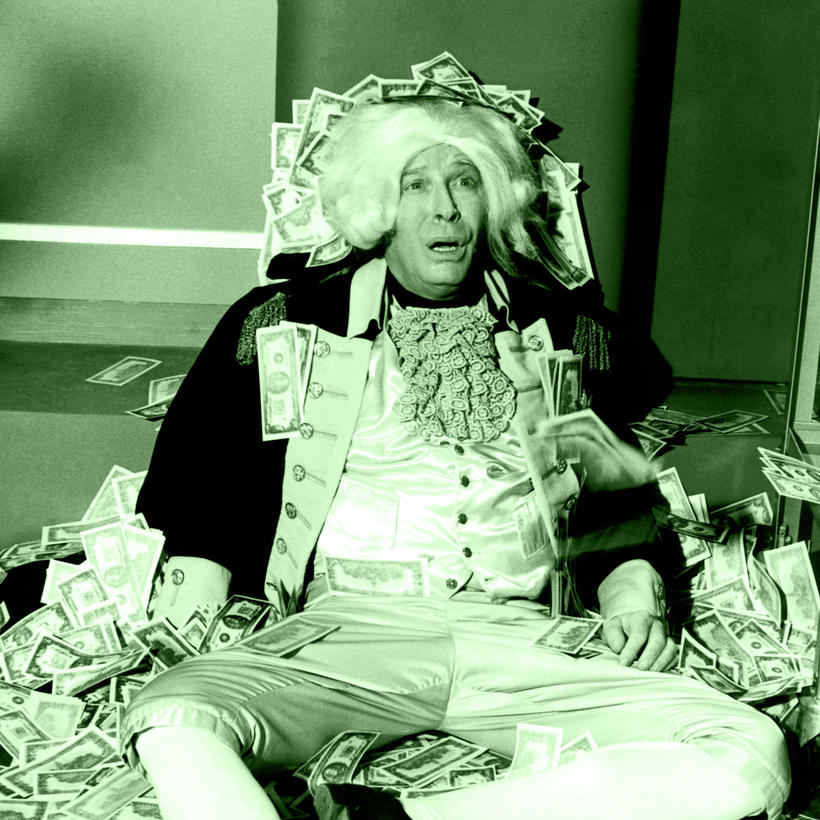Two years ago, I met with my manager. He told me that my freelance-humor-writing business, as it was then structured, was unsustainable. His advice was to do a major re-structuring or consider closing up shop and going to work for Costco, which was hiring at the time.
After much soul-searching, I began doing something I once swore that I never would—I began outsourcing some of my humor-writing assignments to China.


